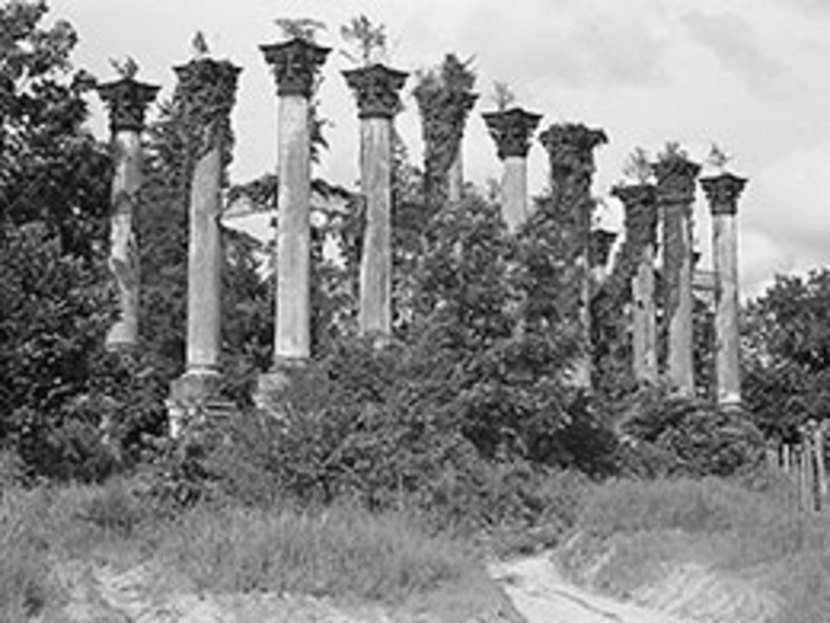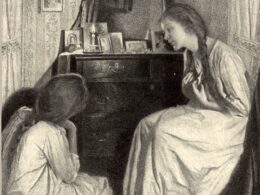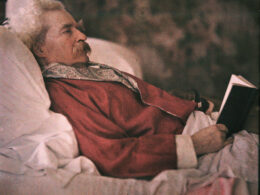Elizabeth Spencer (1921–2019)
From Elizabeth Spencer: Novels & Stories

Today (June 1) is the publication day for Elizabeth Spencer: Novels & Stories, the latest volume in the Library of America series.
Spencer, who would have been 100 next month, died just seventeen months ago, at the age of 98. A close friend of Eudora Welty, she was the last of a generation of Southern writers that rose to prominence in the middle of the twentieth century; Spencer’s writing career lasted through eight decades, from the debut of her first novel in 1948 to the publication of her last short story in 2013. The settings of her fiction range from her home state of Mississippi to Italy, where she lived for two years in the 1950s, a journey that resulted in her most famous novel, The Light in the Piazza.
Among her many stories are three that feature the character Marilee Wirth. Because Marilee is a young woman from a prominent family who reminisces about life in her Mississippi hometown, many readers assumed that the stories were autobiographical, and Spencer was often asked, “Is Marilee perhaps a fictional Elizabeth Spencer?” In one such interview, she responded, “She’s definitely not myself. Her voice, her attitudes, the kind of things she was born into—none of these parallel anything in my life. . . . She’s kind of an alter ego. Marilee continues my other life. If I had stayed in Mississippi and not become a writer, I think I would have been like Marilee, content or discontent in a Mississippi way.” Marilee’s memories are joyous, humorous, and occasionally regretful. In one of the stories, “A Southern Landscape,” the central scene takes place outside the old ruins of the Windsor plantation, and Marilee reflects, “What Nature does to Windsor it does to everything, including you and me—there’s the horror.”
To celebrate the induction of Elizabeth Spencer into the Library of America, we present “A Southern Landscape” in full as our Story of the Week selection, with an introduction that somehow manages to bring together Spencer, her friend Eudora Welty, the Windsor plantation, and (incongruously enough) the novelist Henry Miller.



